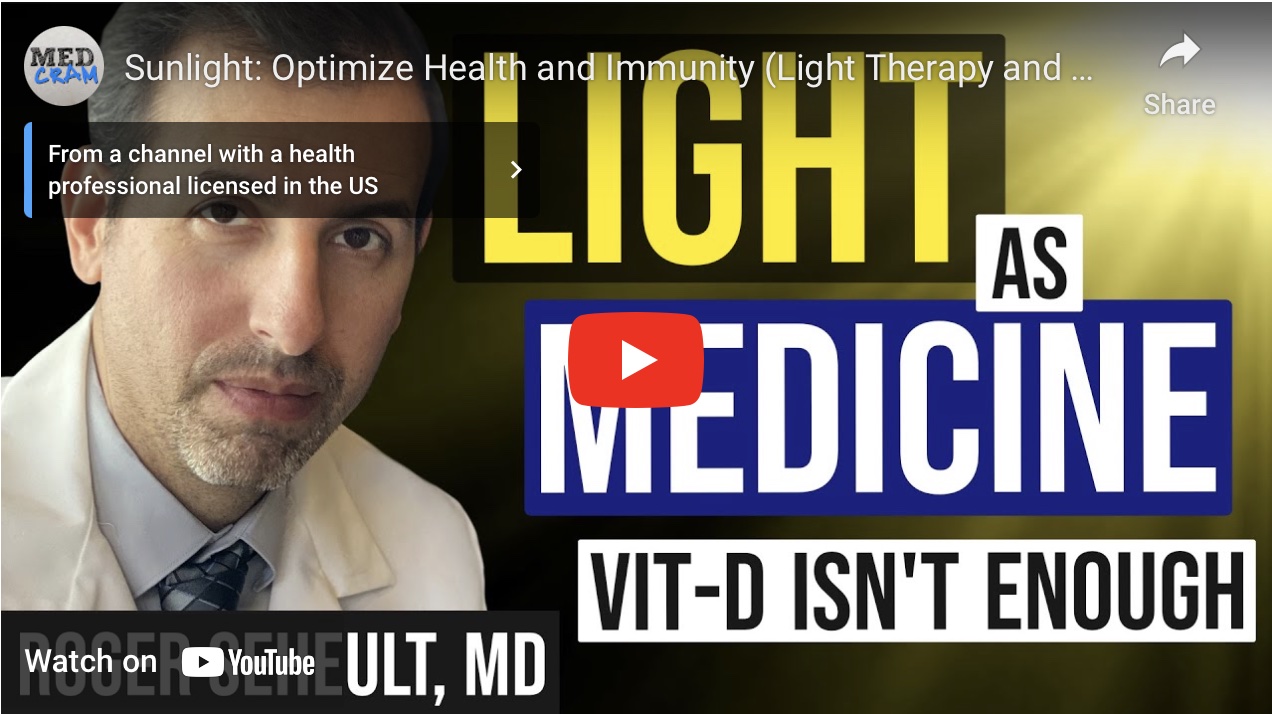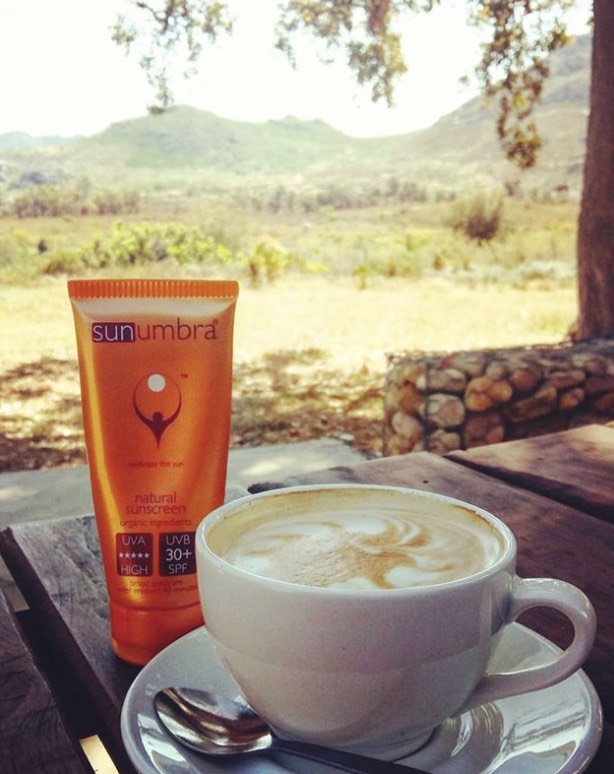Is sunscreen bad for you?
Is sunscreen bad for you is a question raised in so many controversial articles.
I decided to investigate the various claims.
The only way to truly know what is safe and what a product contains is to know your ingredients and question everything. We do that for you, by intimately controlling what is included in our formulas and preventing harmful ingredients from entering our facility. I’m not saying we are perfect, but we are doing our best to make sure we offer you, your families, and our blue planet the safest, most effective products we can. And as we learn more, we do better.
Is sunscreen bad for you or is there misleading marketing?
The following are some common, misleading marketing practices used by sunscreen marketers:
1. “Mineral” sunscreens that contain chemical sun filters
Over the past few years, mineral sun filters have been growing in popularity. This is mainly due to growing global concerns about the safety of chemical sun filters. Thus, many brands have started highlighting the mineral filters used in their products. It is common to see statements like “100% pure zinc oxide” written in large letters on the front of a tube.
As a customer, it is completely reasonable to expect the product to contain only zinc oxide as the sun filter. The ingredient list reveals that, in addition to the zinc oxide, the product also contains chemical sun filters.
Some sunscreens only list mineral sun filters as their active ingredients. A chemical ingredient called Butyloctyl Salicylate helps disperse mineral pigments and can boost the SPF of a product. This fact makes its use quite suspicious in “natural mineral sunscreen” formulas.
2. “Organic" sunscreens often contain non-organic and synthetic ingredients
Sunscreens are often marketed as “organic” when they in reality are far from being certified as 100% organic or natural. A closer look at ingredient lists often reveals that products contain only a few organic ingredients. The rest of the product is made using normal non-organic and even synthetic ingredients and chemical UV filters.
3. “Reef-safe” sunscreens that actually contain chemicals that harm aquatic life
Many big sunscreen brands have removed the two chemical sun filters oxybenzone and octinoxate from their formulas. Oxybenzone and octinoxate are the two chemical filters that have been banned from sun products by for example Hawaii and Florida. But a closer look at the ingredient lists of conventional sunscreens reveals that they contain many other chemical filters, parabens, retinyl palmitate, or fragrances, which can all disturb aquatic life.
For example, one sunscreen brand that is popular among surfers and calls itself reef-safe added the chemical sunscreen booster called Butyloctyl Salicylate in their formulas, which makes the sunscreen unsafe for coral reefs.
Reef protection experts stated that the best thing for reefs is that you wear protective swimwear to minimize the washing of sunscreen into the oceans. Secondly, choosing a sunscreen with the most reef-safe UV filter, non-nano zinc oxide.
Have a question yourself?
Do you have a question or perhaps wish to make a comment or even tell a story about an experience with sunscreen? Please share it! Others will benefit and may join the conversation.







